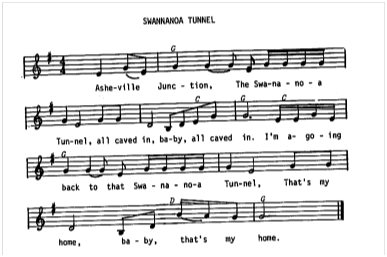The Joan Beebe Graduate Teaching Fellowship Application Guidelines
Applications are now being accepted for the 2013/2014 Joan Beebe Graduate Teaching Fellowship. The Beebe Fellowship is available to all alumni of the Warren Wilson College MFA Program for Writers, including those who received the degree during the years the program was at Goddard College. Some teaching experience is required. This year’s Beebe Fellow will have a concentration in poetry and will teach the equivalent of five four-credit undergraduate courses in composition and creative writing, including the mixed-genre advanced MFA Residency/Workshop course, which is tied to the MFA Program’s winter residency. He or she will also have the option of co-supervising the undergraduate literary journal. The fellow will work under the supervision of the Director of the Creative Writing Program and will receive a stipend of $33,500 and full faculty benefits. On-campus housing for the fellow is available at a modest rental rate. Relocation assistance is also available.
An applicant should submit the following:
- a letter of application which discusses
- teaching philosophy, especially in relation to a work college’s undergraduates
- relevant teaching experience
- areas of expertise and interest in writing and literature, including experience and confidence teaching in multiple genres
- a sketch of a possible semester-long writing course in the applicant’s genre
- the relationship the applicant sees between his or her creative work and teaching
- current writing projects
- a current CV
- a writing sample of no more than 25 pages
An applicant must also have three letters of recommendation addressing his or her experience/ potential as a teacher sent directly to the Program office. Letters of recommendation may not be submitted by members of the MFA Program’s Academic Board, which includes Joan Aleshire, Debra Allbery, Marianne Boruch, Robert Boswell, Liam Callanan, Reginald Gibbons, Jennifer Grotz, David Haynes, C.J. Hribal, Kevin McIlvoy, Debra Spark, Peter Turchi, Ellen Bryant Voigt, and C. Dale Young.
While the fellowship may be received only once, previous applicants are encouraged to apply. Applications will be reviewed and finalists chosen by the Academic Board; advancing candidates will be interviewed by phone and/or brought to campus for interviews and a teaching demonstration. The final decision will be made by a committee of the Undergraduate Writing Program, with the approval of the Dean of the College.
Applications for the 2012/2013 academic year must be received by February 1, 2013. All application materials should sent to (electronic submissions are encouraged): [email protected] , indicating Beebe Fellowship Application in the subject line, or to Beebe Graduate Teaching Fellowship; c/o Debra Allbery, Director; MFA Program for Writers; PO Box 9000; Warren Wilson College; Asheville, NC 28815-9000.
(2011, Houghton Mifflin). Visit the Warren Wilson MFA Program for Writers website to purchase past lectures on compact disc or by instant download.



